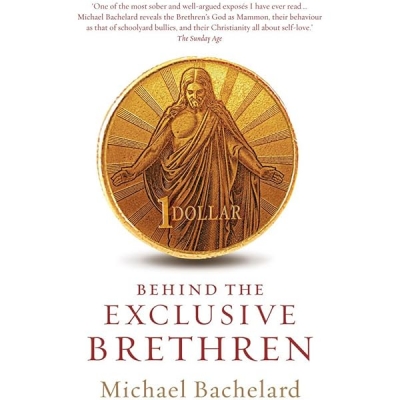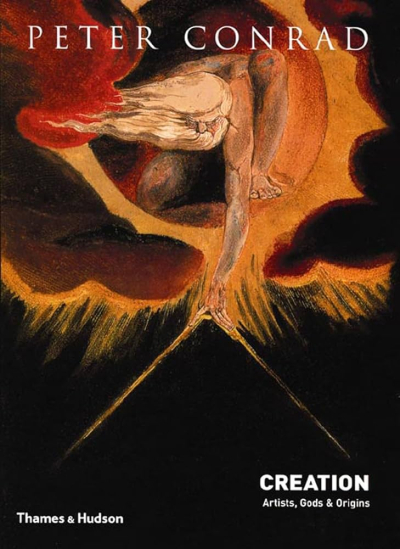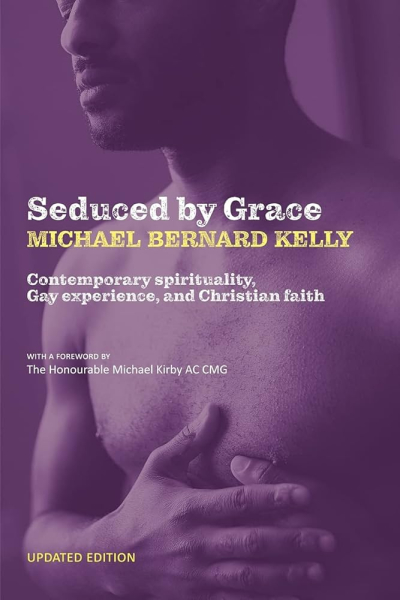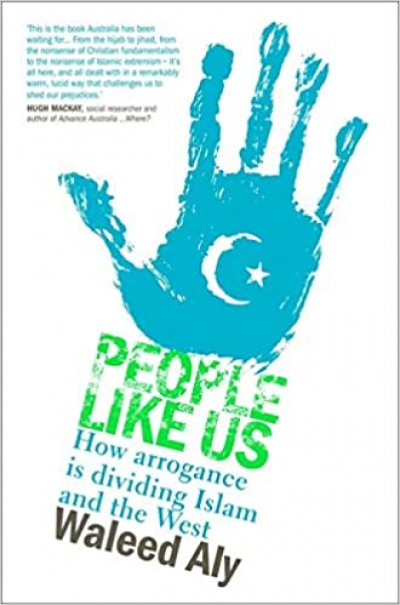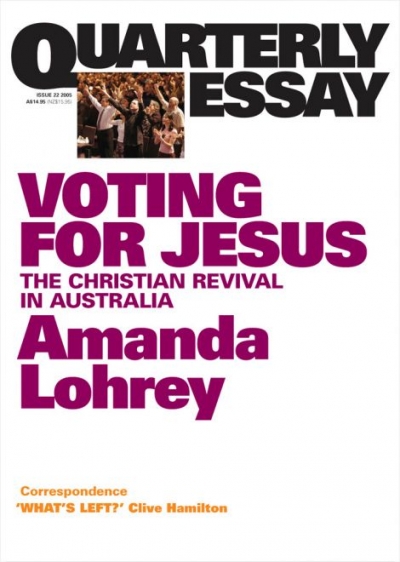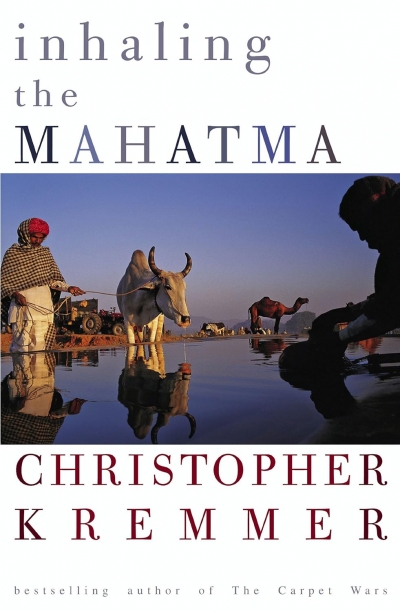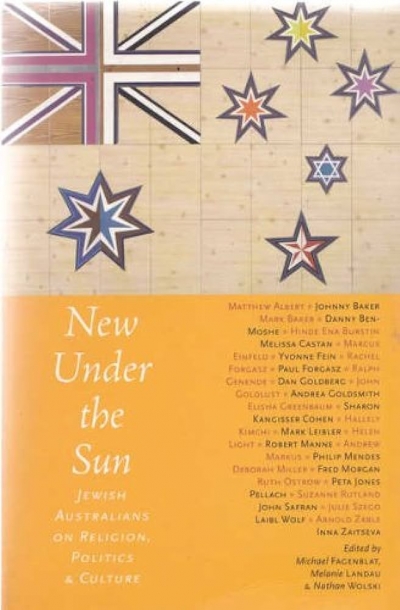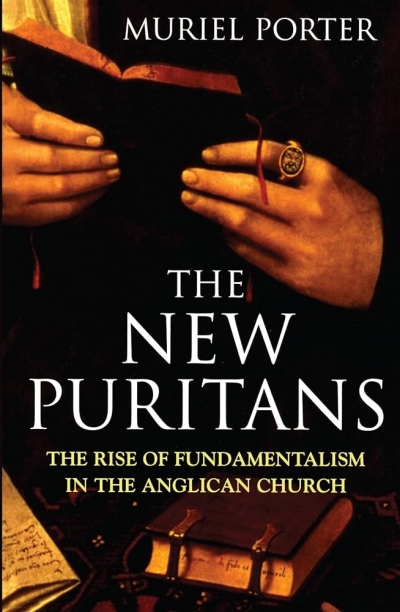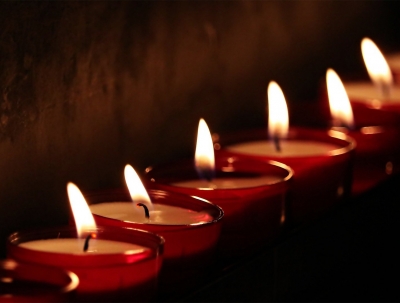Religion
Seduced by Grace: Contemporary spirituality, gay experience and Christian faith by Michael Bernard Kelly
by John Rickard •
Like Us: How arrogance is dividing Islam and the West by Waleed Aly
by Jonathan Pearlman •
The Feasts and Seasons of John F. Kelly by Robert Pascoe
by Michael McGirr •
Quarterly Essay 22: Voting for Jesus: Christianity and politics in Australia by Amanda Lohrey
by Marion Maddox •
New Under the Sun: Jewish Australians on religion, politics and culture edited by Michael Fagenblat, Melanie Landau and Nathan Wolski
by Tamas Pataki •
The New Puritans: The rise of fundamentalism in the Sydney Anglican Church by Muriel Porter
by Philip Harvey •
Shortly before the federal elections of October 2004, Treasurer Peter Costello delivered an address entitled ‘The Moral Decay of Australia’ to 16,000 members of the Assemblies of God at the Sydney Hillsong Church. For his main theme, Costello invoked ‘the Judeo-Christian-Western tradition’, the core of which, according to him, was the Ten Commandments. He lamented that few people could recite the Commandments today, despite the fact that ‘they are the foundation of our law and our society’. He listed the legacy of that tradition as the rule of law, respect for life, respect for others and private property rights. ‘Tolerance under the law,’ he added, is also, ‘a great part of this tradition.’
... (read more)
